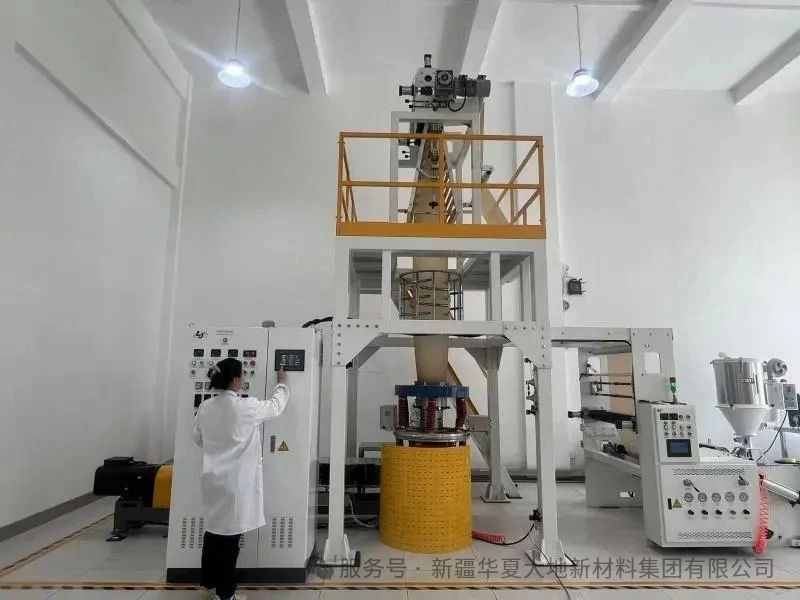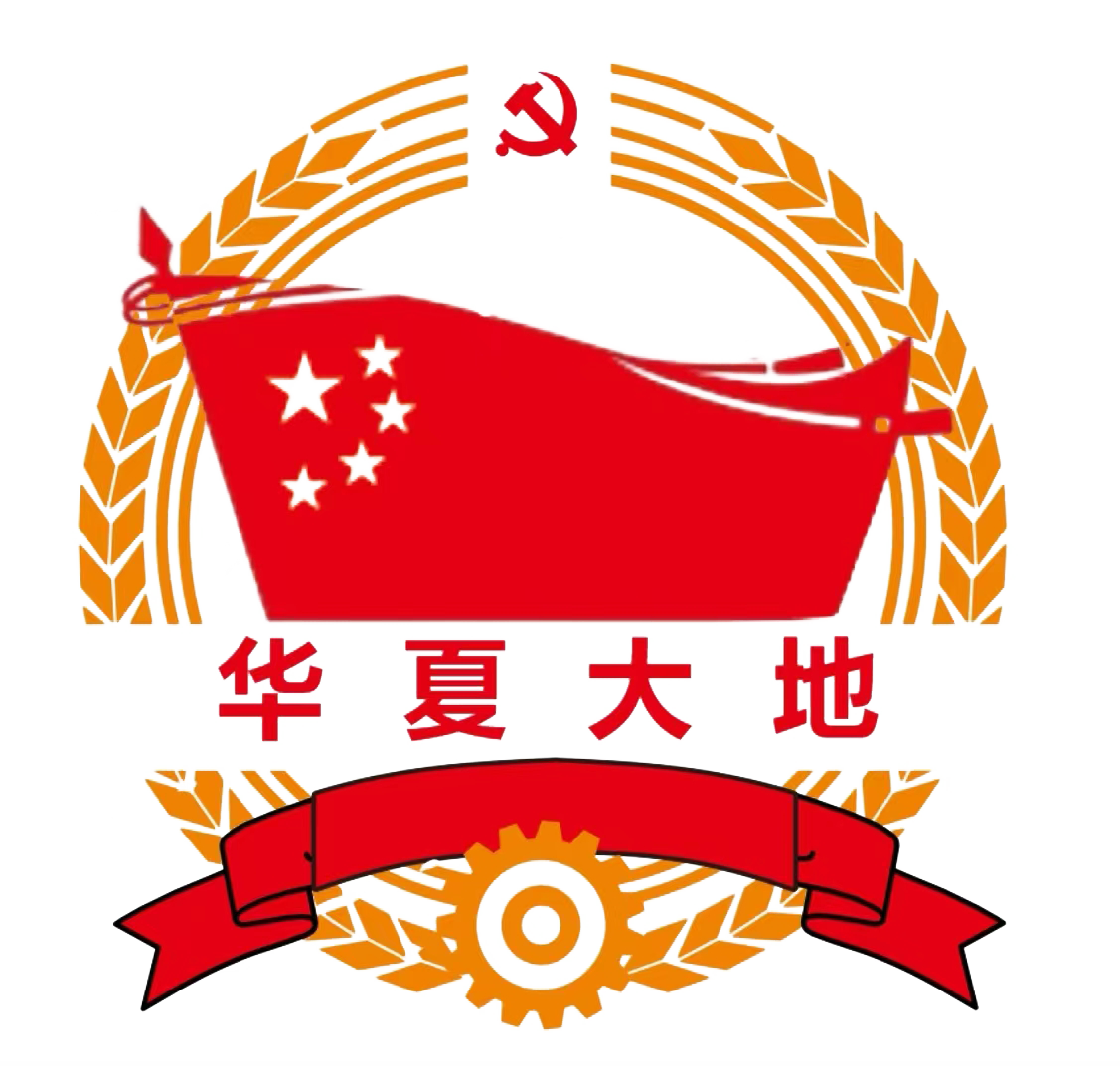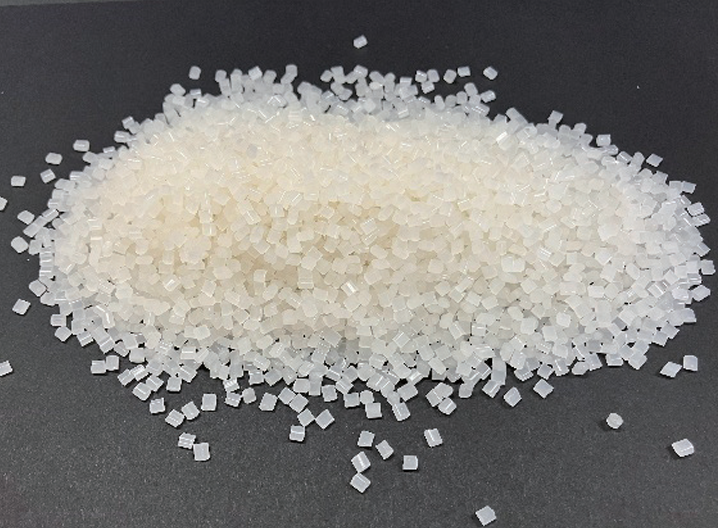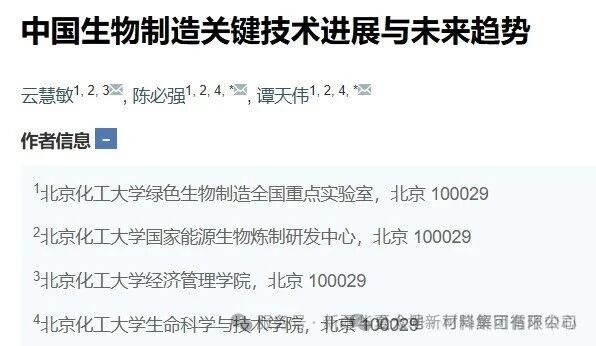In August, Qichun County, Huanggang City, Hubei Province, entered the harvest season for ratoon rice. The golden waves of rice swayed with the wind, presenting a scene of abundant harvest.
Looking at the heavy rice ears, Lu Yunqing, the head of the Yunjie Regenerative Rice Professional Cooperative Union in Qichun County, couldn't stop smiling. "In April this year, we laid the straw mulch film developed by Professor Li Qiang's team from Huazhong Agricultural University in our regenerative rice fields. The results have been astonishing. Not only have we saved herbicides, pesticides and fertilizers, but we can also expect a 10% to 15% increase in production. What's even more amazing is that the mulch film in the fields is already degrading now."
As an important agricultural production material in our country, agricultural mulching film plays a significant role in boosting agricultural production and income. However, traditional polyethylene (PE) mulching film is difficult to biodegrade and hard to recycle. With the annual increase in the usage of mulching film, the problem of "white pollution" caused by residual mulching film has become increasingly severe, posing a potential threat to agricultural production and the ecological environment.

Recently, the Hubei Hongshan Laboratory and the Yunnan Agricultural Development Group officially signed an agreement for the transformation and application of the "Stalk-Based Fully Biodegradable Plastic Film Technology". The promotion and application of this achievement is expected to provide a "Chinese solution" for addressing the "white pollution" problem in global agriculture.
Farmland plastic films need to withstand various complex environmental conditions in the field, such as wind force, light aging, stretching during mechanical laying, friction during the growth process of crops, and soil erosion. They have high requirements for the tensile strength, elongation at break, and puncture resistance of the materials. Developing low-cost, highly film-covering-performance biodegradable materials is an urgent need for current industrial development.
At present, although the biodegradable polymers such as polylactic acid (PLA) and polyhydroxyalkanoates (PHA) on the market have excellent biodegradation performance and high strength, they lack toughness and are prone to cracking. Meanwhile, biodegradable films made of polybutylene adipate/terephthalate (PBAT) and other materials have good flexibility, but their mechanical properties are insufficient. When used alone, they cannot meet the agricultural production needs and the cost is as high as over 200 yuan per mu, making it difficult to be applied on a large scale.
"Our core technology is 'transforming waste into treasure', making straw the main component of the plastic film, achieving a green agricultural closed loop from straw recycling to plastic film production, field application, degradation and return to the soil." Project leader, Professor Li Qiang from the School of Engineering at Huazhong Agricultural University and the Hubei Hongshan Laboratory, introduced that the team has utilized the in-situ tuning technology of the supramolecular structure of straw cell walls to achieve high-throughput compounding of straw powder and guest polymers, directly reducing the raw material cost by 40%. At the same time, they have developed a green plasticizer technology from straw sources, replacing traditional industrial plasticizers, which enhances the mechanical properties of the plastic film such as tensile strength and elongation at break to 2-4 times the national standard, and can meet the field covering needs of crops throughout their entire growth period.
It is worth noting that the lignin derived from straw not only helps to plasticize and shape the plastic film materials, but also significantly promotes the growth and development of crops. As a component of soil organic matter, the returned lignin can also significantly enrich the soil fertility.
According to calculations, this technology can precisely control the degradation cycle of the plastic film to be between 40 and 180 days, which can match the growth cycles of different crops. In field trials of rapeseed and rice in Hubei Province, the plastic film can completely degrade into organic fertilizer after harvest, providing both heat preservation and moisture retention, and being environmentally friendly and cost-effective. This has solved multiple problems in the plastic film industry.
This achievement was recognized as one of the top ten new technologies by the Hubei Provincial Department of Agriculture and Rural Affairs. Currently, the related technologies have been implemented in multiple planting scenarios in Yunnan, Hubei, Xinjiang, Sichuan, Jiangsu, etc., and have completed demonstration applications on a hundred-acre scale for crops such as rice, rape, tobacco, sugarcane, cotton, and corn, achieving significant increases in yield and income.
In Kunming, Yunnan Province, a pilot production line for 1 ton of straw-based fully biodegradable plastic film per day has been operating stably through a joint venture established in collaboration with the Yunnan Modern Agricultural Development Group. In the next three years, as production capacity expands further, the relevant technologies will be applied to millions of acres of farmland.
"The cost of the straw-based film per acre is only 60% of that of the commercially available PBAT film. The price advantage is significant and it has the potential for large-scale substitution." Li Qiang calculated, "The annual demand for plastic film in China exceeds 1.6 million tons, and the annual demand for plastic is as high as 80 million tons. If all of these were replaced with straw-based fully biodegradable materials, the value of the straw could be increased by 150 times, creating a trillion-dollar biotechnology economy. This would effectively solve the problem of 'burning of straw pollution', protect the fertile farmland, and achieve a win-win situation of ecological and economic benefits."
"In the future, we will collaborate with various forces to enhance basic research and the development of diverse products, so that the 'Hubei Solution' can reach the global stage and provide Chinese wisdom for the global management of agricultural white pollution," said Li Qiang.







